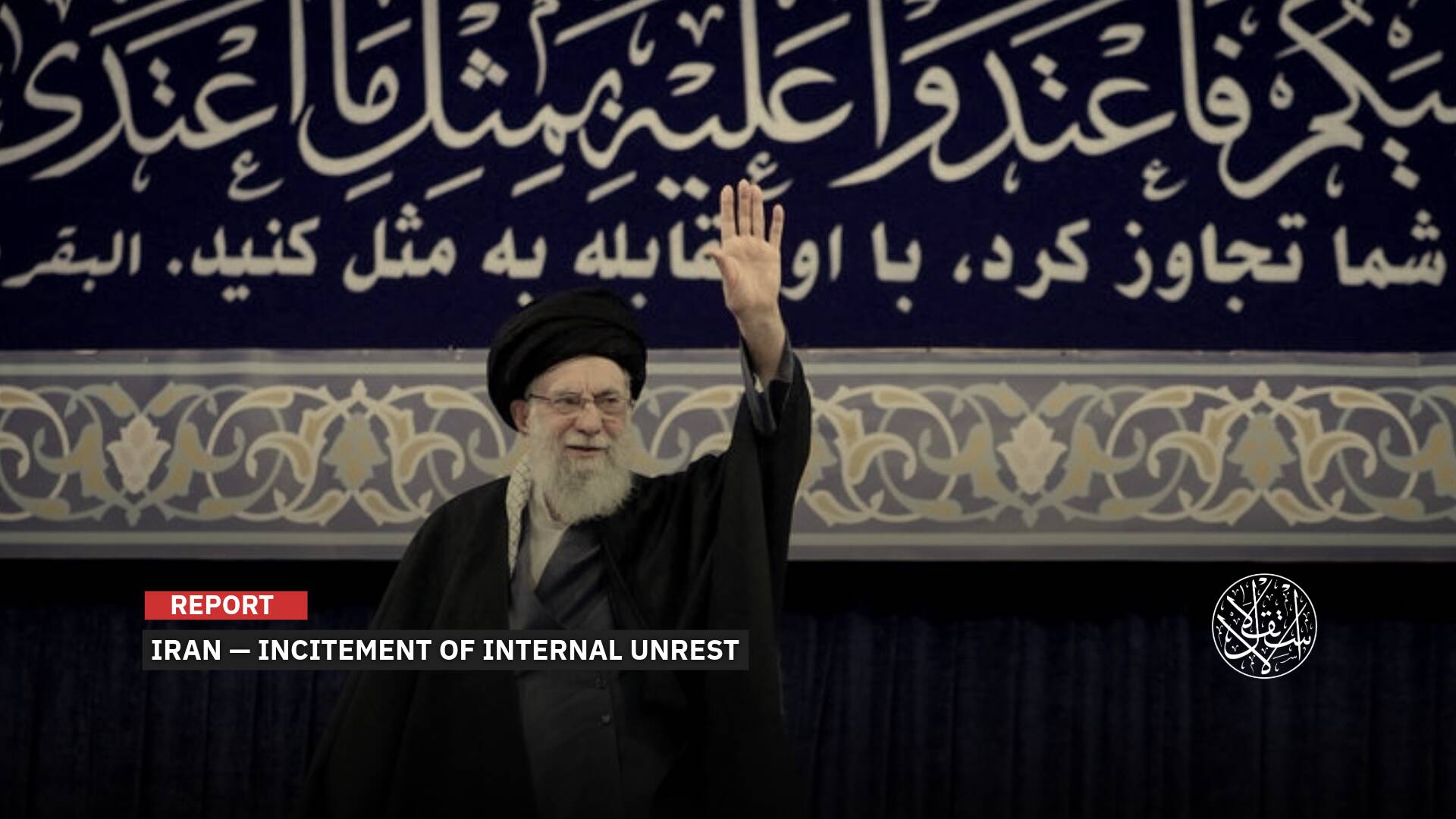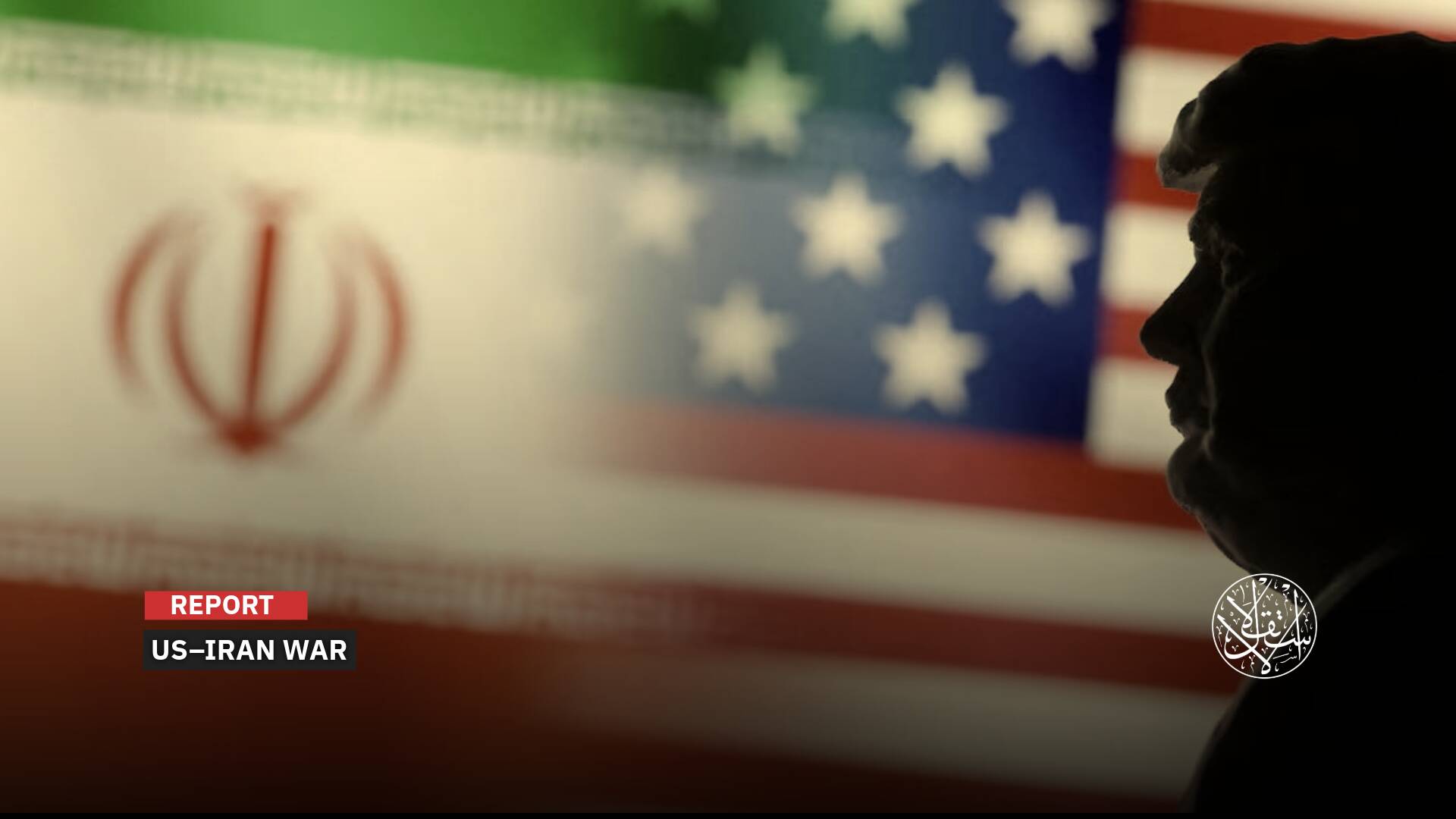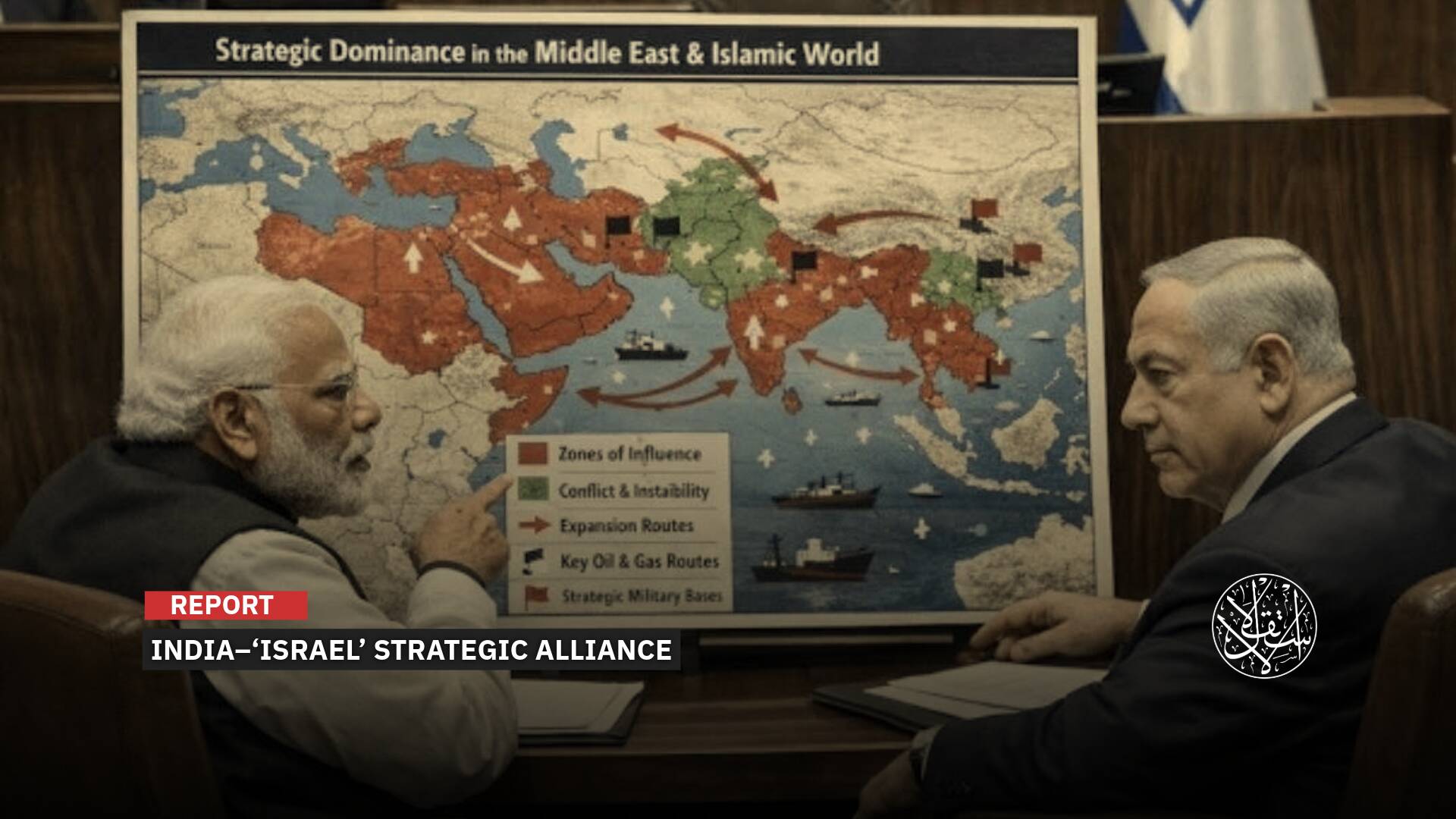The Price of Genocide: What’s Behind Europe’s Academic Boycott of ‘Israel’
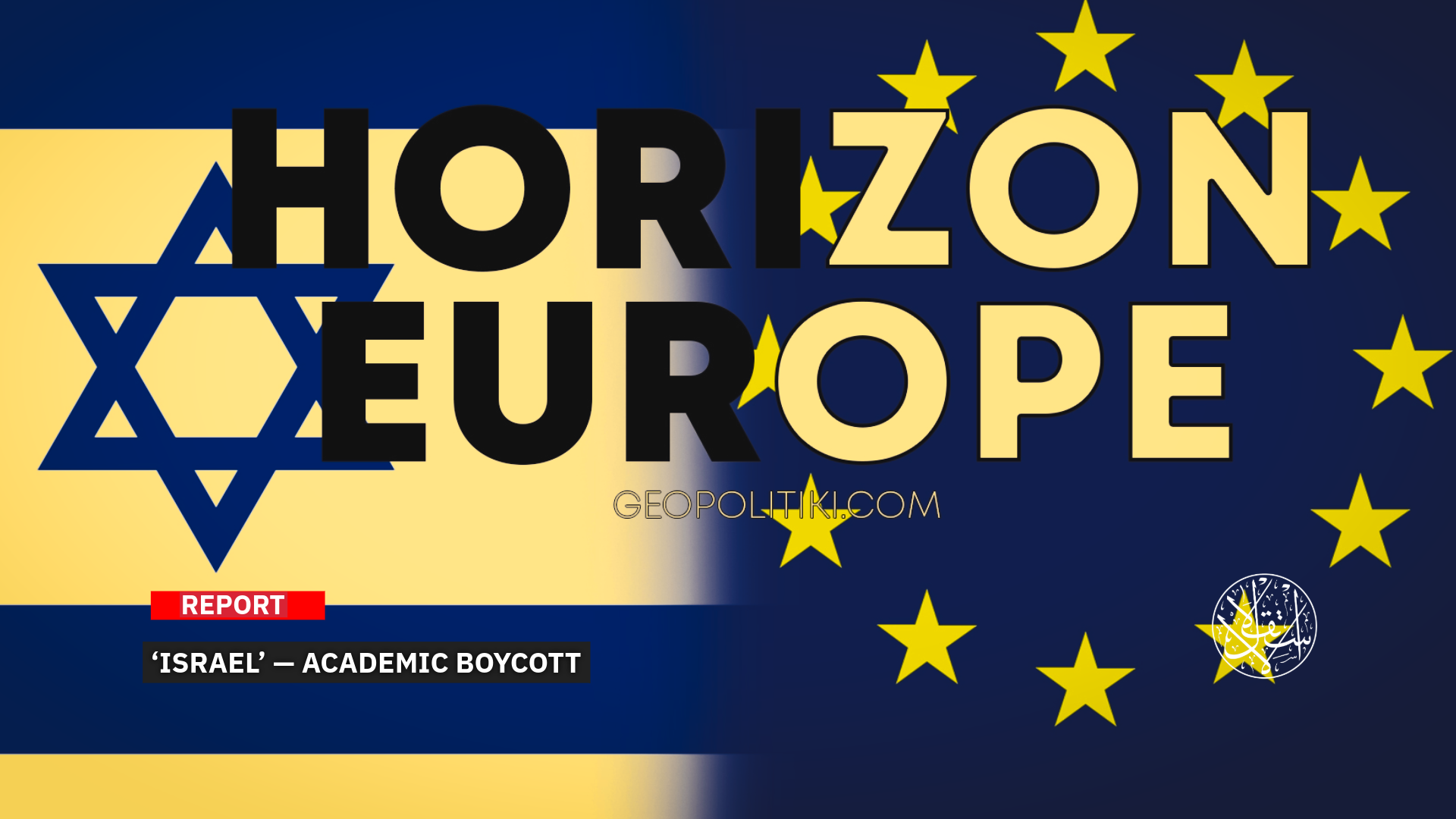
Since the start of the genocide in Gaza, 750 cases of scientific and academic boycotts against Israeli individuals and companies have been recorded.
Amid rising European anger over “Israel’s” ongoing genocide in Gaza, and as 15 Western countries threaten to recognize the State of Palestine in September 2025, the European Union has announced the exclusion of Israeli companies from its academic and scientific cooperation program.
The EU expelled them from Horizon Europe, its flagship academic research framework, due to the involvement of Israeli companies and universities in the genocide in Gaza.
This scientific boycott comes in the wake of Israeli media reports revealing a growing wave of bans across Europe and other parts of the world on Israeli goods, particularly agricultural products.
Western analysts see the EU’s move as a response to mounting public pressure from near-daily protests demanding that governments take action to stop “Israel’s” aggression on Gaza.
Academic Boycott
Following a series of European restrictions on academic institutions linked to the Israeli Occupation army and a sharp decline in the number of Israeli researchers accepted into Horizon Europe (109 in previous years to just 9 this year), European authorities decided to expel “Israel” from the program entirely.
EU member states met on July 28, 2025, and decided to expel “Israel” from the Horizon program. They issued a recommendation to ban cooperation with Israeli companies active in artificial intelligence and drone technology.
Members of the European Commission also recommended suspending funding for Israeli startups working on technologies with potential military uses and barring them from participating in the Horizon Europe research grant program.
This means the Israeli Occupation will be denied access to billions of dollars in funding through Horizon Europe, as part of the EU’s sanctions on Israeli companies for their role in the Gaza genocide.
In its official statement, the European Union said the expulsion was due to “Israel’s” violation of Article Two of the EU-”Israel” Association Agreement.
It stated that “Israel” is in breach of the agreement, which requires respect for human rights.

Removing “Israel” from the Horizon Europe program requires the approval of a qualified majority of EU member states, amounting to 55 percent, for the decision to take effect.
That means at least 15 out of the European Union’s 27 member states, according to Reuters.
More than 20 EU countries expressed “serious concerns” about the situation in Gaza during a meeting of EU ambassadors to discuss the proposal, as per The Guardian. Several countries voiced immediate support for expelling “Israel” during the meeting, while others warned that suspending the Horizon program could “hinder dialogue” with the Israeli Occupation.
A report by the Boycott, Divestment, and Sanctions (BDS) movement stated that Israeli universities are involved in developing weapons systems used in war crimes in Lebanon, Gaza, and the West Bank.
These institutions also produce fabricated research to justify the ongoing occupation of Palestinian land, promote the gradual ethnic cleansing of Palestinians, and attempt to provide moral cover for unlawful extrajudicial killings.
In return, they receive funding from foreign academic institutions, including the European Horizon program. For instance, the Israeli Technion Institute developed drone and remote-controlled bulldozer technologies used to demolish Palestinian homes.
Technion also played a key role, alongside the Israeli war company Elbit Systems, in developing surveillance technologies used to monitor Palestinians through the separation wall, which the International Court of Justice ruled illegal in 2004.
Tel Aviv University reportedly ran an “engineering war room” to develop military technology for the Israeli Occupation army. This included a live-streaming camera mounted on dogs used by a military unit linked to lethal attacks on Palestinians in Gaza.
Haaretz, in a report published on February 25, 2025, revealed that Israeli researchers had reported hundreds of cases of academic boycotts and difficulties in collaborating with foreign institutions in recent months. These setbacks have caused financial and reputational damage to Israeli universities and left many researchers isolated.
The Price of Genocide
To illustrate the scope of “Israel’s” losses due to the European academic boycott, a July 2025 report by the Council of Israeli University Presidents recorded 750 cases of scientific and academic boycotts targeting Israeli individuals and companies since the beginning of the Gaza genocide.
The report noted that this reflects the expansion of the global academic boycott of “Israel.” Between mid-2024 and February 2025, the number had stood at 500 cases, according to The Times of Israel.
The increase from 500 to 750 marks a significant blow, morally, through the collapse of “Israel’s” global academic image, and financially, through the loss of European support.
This trend was also confirmed by Horizon Europe itself, which reported a 68.5 percent drop in approval rates for projects involving at least one Israeli research partner.
By mid-July 2025, only 9 Israeli researchers were awarded Horizon Europe grants out of 100 applications submitted. In previous years, roughly 30 percent of applicants were successful. The decline has been attributed to growing European rejection of “Israel’s” crimes of genocide in Gaza.
On June 23, 2025, the BDS movement stated that the Israeli Occupation is experiencing a sharp decline in the approval rates of research projects involving its institutions within the Horizon Europe program, a major source of funding.
The movement attributed this decline to widespread student activism, campaigns by academic groups, and support from labor unions responding to BDS’s call for an academic boycott of “Israel.”
The BDS report concluded that despite its significant influence in the European Union, “Israel” and its universities are now being ignored by an unprecedented number of universities and academics across Europe.

A 2015 study by the RAND Corporation estimated that the BDS campaign was effective and would cost the Israeli economy tens of billions of dollars over a ten-year period, causing severe economic damage.
As a result, Tel Aviv’s share of funding from the European Union’s Horizon research program has significantly declined since the start of the Israeli genocide against Palestinians in Gaza, due to the influence of academic boycotts, divestment pressures, and sanctions driven by Western university students.
Between 2021 and 2024, “Israel” received 1.1 billion euros in grants from the European academic funding program. In 2025, however, that amount dropped by 68.5 percent, driven by growing solidarity movements with Palestine among academics and students.
Israeli economic reports have confirmed that the country is suffering substantial financial losses due to the academic boycott. One such report, published by Calcalist in May 2025, described Horizon funding as “Israel’s oxygen pipeline,” warning that its removal could collapse the country’s academic sector.
According to the report, although “Israel” is a small country and none of its universities rank among the top 200 academic institutions globally by Western standards, Tel Aviv had received more Horizon funding for its universities complicit in the genocide than any other European country, including Germany, France, and the Netherlands.
“Israel” used to invest 1.3 billion shekels annually in partnership with Horizon. That investment has now stopped, marking a major financial setback due to the decline in European academic grants awarded to the Israeli Occupation.
More than 20 universities around the world have boycotted the Israeli Occupation over its ongoing war on Gaza.
A statement from the European Union confirmed that excluding “Israel” from the Horizon scientific program, alongside economic sanctions on Israeli Occupation-related companies, would impact the participation of Israeli entities in the EIC Accelerator program.
This program supports startups and small companies working on breakthrough innovations and emerging technologies with potential dual-use applications, such as cybersecurity, drones, and artificial intelligence.
Implications of Deprivation and Exclusion
Horizon Europe is one of “Israel’s” most important scientific partnerships, providing billions of dollars in support for research and experimentation, some of which has been used to facilitate Israeli war crimes in Gaza.
“Israel” began participating in European research programs in 1996 and has since been involved in thousands of joint scientific projects over the past decades, receiving billions of dollars in return.
In 2021, “Israel” joined Horizon Europe as an associated country, which allowed its researchers and institutions to participate on equal footing with EU member states. It also contributed financially to its participation in the program.
The partnership yielded both economic and financial benefits. Horizon Europe is the EU’s leading research and innovation initiative, designed to drive economic growth, create jobs, and improve the quality of life for citizens, benefits that “Israel” will now be denied.
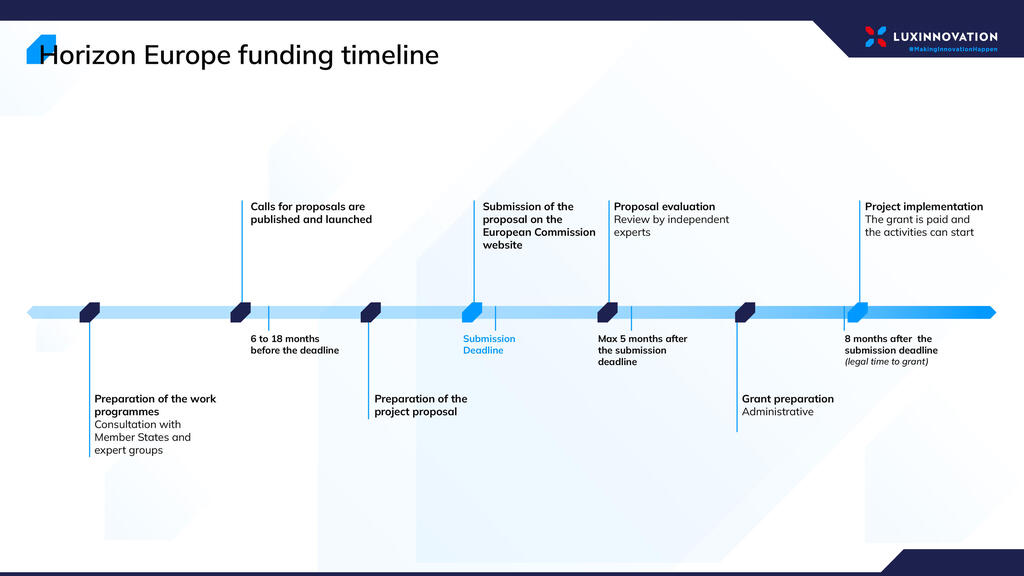
This ban is expected to disrupt the funding of Israeli tech companies that collaborate with the Israeli Occupation army and hinder their aggression. These companies are now set to lose access to nearly 95 billion euros, according to Politico.
“Israel’s” suspension from the Horizon program is tied to the European Innovation Council, a 10.1 billion euro initiative within Horizon Europe.
“It would affect Israeli entities participating in the EIC Accelerator, which allows the Commission to take a stake in research-heavy and capital-intensive tech startups,” Politico added.
These European measures will further prevent “Israel”-based companies from receiving accelerator grants from the European Innovation Council, which provides up to 2.5 million euros per company to develop new technologies or products.
Sources
- Commission proposes partial suspension of Israel's association to Horizon Europe
- Israel “Disappearing to the Margins” of Horizon due to Academic Boycotts: Let’s Escalate the Exclusion from Below!
- Academia, Weapons and Occupation: How Tel Aviv University Serves the Interests of the Israeli Military and Arms Industry
- Rise in Academic Boycotts of Israel from 500 to 750 in 5 Months Costs Billions [Arabic]
- Academic Boycott [Arabic]


